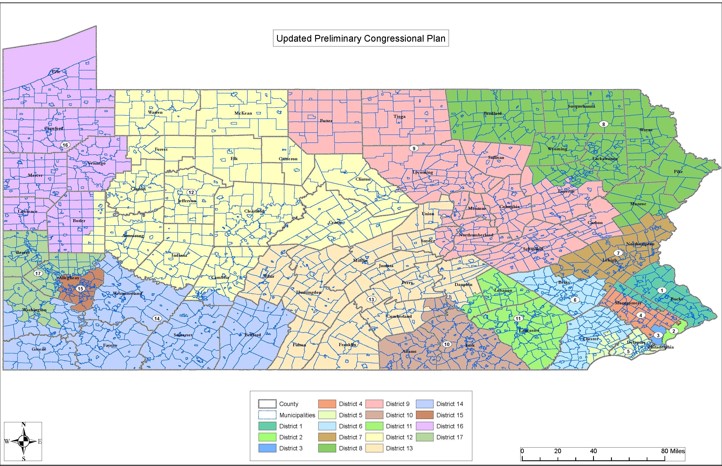PA May Soon Say Goodbye to Using Handheld Cell Phones While Driving

Pennsylvanians may soon have to put down that phone and drive.
In a bipartisan 124-77 vote Tuesday, the Pennsylvania House passed a law that would allow police to write tickets to drivers yacking on their handheld smartphones instead of paying attention to the road, even if they are not violating other traffic laws.
Other nearby states ban handheld cell phones.
The bill will now go back to the Senate, which has already passed a different version.
Before the vote, the House heard from Eileen Miller, whose 21-year-old son died in a crash with a distracted driver in Monroe County. The bill is called “Paul Miller’s Law.”
“SB 37 isn’t just about following the rules of the road,” said Rep. Ed Neilson (D-Philadelphia), who chairs the House Transportation Committee. “It’s about saving lives, keeping families together, and ensuring that the road trip ends safely. This is a crucial step to ensure Pennsylvania drivers commit to the safety of not only themselves but everyone they encounter on the road.”
Local state Rep. Lisa Borowski (D-Springfield) was a yes vote.
“I voted on a law to strengthen the existing distracted driving law,” said Borowski. “One in eight fatal crashes involve a distracted driver. Yesterday, when we voted on the law, there was a family on the floor who lost their son due to a crash with a driver who was texting.
“The bill, which passed with bipartisan support, expands existing law prohibiting texting while driving to now include using an interactive mobile device while driving. In other words, no texting and driving, no online shopping and driving, no watching a movie and driving, no playing video games and driving.
“I voted to expand existing law to make our roads safer for all Pennsylvanians,” said Borowski.
Rep. Seth Grove (R-York) voted against the bill.
“Driving on the road with a cell phone in your hand is already illegal,” Grove said. “Senate Bill 37, while well-intentioned, will not provide the desired outcome of eliminating texting while driving. I am also concerned this bill runs afoul of the single-subject rule, which requires bills to be limited to one issue. [The Senate version] was amended by House Democrats to add an onerous reporting requiring on traffic stops by law enforcement. For these two reasons, I voted no.”
But Rep. Kristin Marcell (R-Richboro), who voted yes, said, “Distracted driving is a major factor in automobile fatalities. This commonsense bill is a deterrent that will help contribute to having safer roadways for our community members and loved ones.
Of the 27 states that have passed similar legislation, they have reported declines in motor vehicle accidents, and overall highway fatalities have declined nationally. Unfortunately, Pennsylvania is not one of those states, and our fatalities are up 4.2 percent from 2022 to 2023.”
Sen. Rosemary Brown (R-Lackawanna) has been trying to get this bill passed for 12 years. Because April is Distracted Driving Awareness month she said it’s fitting it should go forward now. She hopes the Senate will vote on the amended bill next week.
“I’m very pleased,” said Brown, adding that she worked very closely with the House on the amendments it suggested. “Hopefully, we’ll see it go to the governor’s desk.”
As to Grove’s concern about adding more work for police officers, Brown said state police already do the data collection it requires and police departments in towns with fewer than 5,000 residents are not included.
“I really hope it will help,” she said, noting that Eileen Miller was “an inspiration for me.”
Some DVJournal readers commented about the bill on Facebook.
Tina Marie Hoseweart said, “I’ve seen so many people holding their phone and going so slow or almost causing accidents.”
Teri Selleck Majewski said she’s probably in favor of it because “there is no common sense. It is dangerous to text and drive.”
And Michael Lake said it is “just as dangerous to text and drive with the phone on a windshield mount.”
Please follow DVJournal on social media: Twitter@DVJournal or Facebook.com/DelawareValleyJournal






